Search
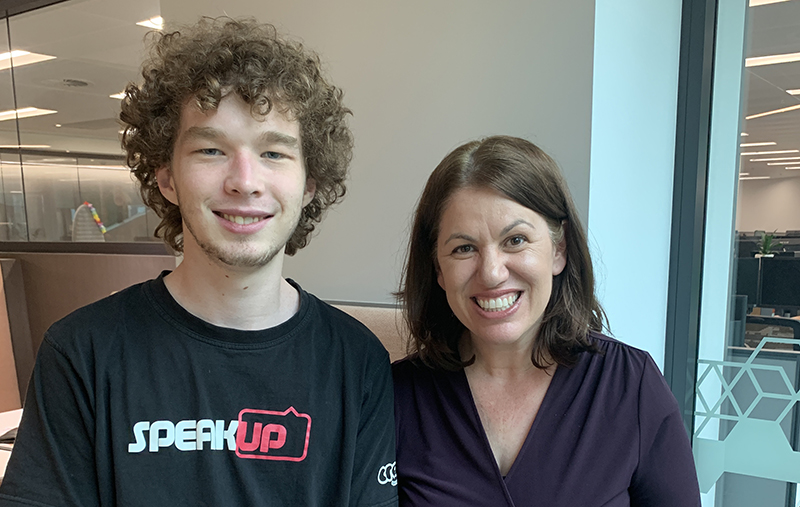
News & Events
Report showing poor outcomes for young people who’ve been in out-of-home care underscores need for more supportA The Kids report which found young people leaving foster care are in desperate need of more help transitioning to adulthood has lent strength to a national push to extend formal support to the age of 21.
Meet the speakers Prof. Bob Hancock Title: Canada Research Chair in Health and Genomics; Director, Centre for Microbial Diseases and Immunity

News & Events
The impact on pregnant womenProfessor Silva says pregnant women are also more vulnerable to the heat.

News & Events
The dangers of melanomaHead of Cancer Immunotherapy Research at the The Kids Cancer Centre, Dr Jason Waithman, says Australia has one of the highest rates of skin cancer in the world.
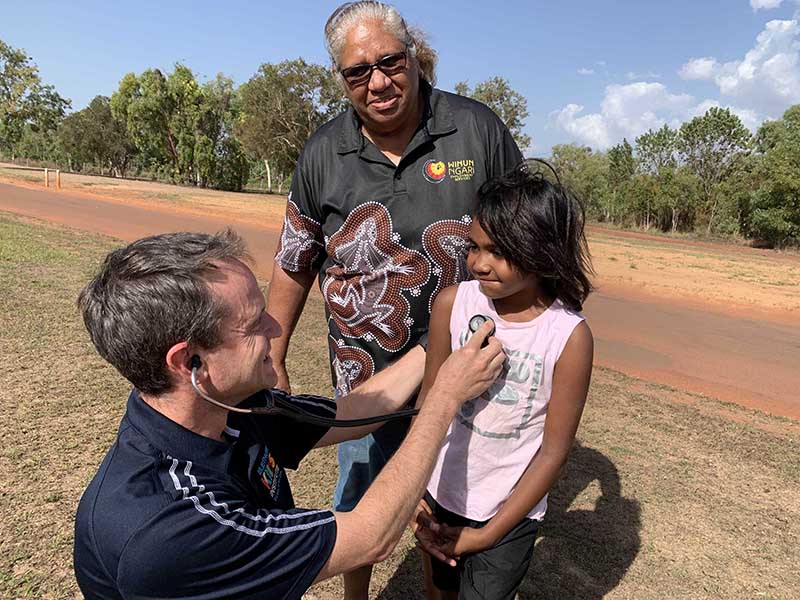
News & Events
Wet cough prevalence among Aboriginal children ‘concerningly high’The Kids Research Institute Australia and Perth Children’s Hospital clinician-researchers have found more than one in ten children across four remote Kimberley communities have protracted bacterial bronchitis.
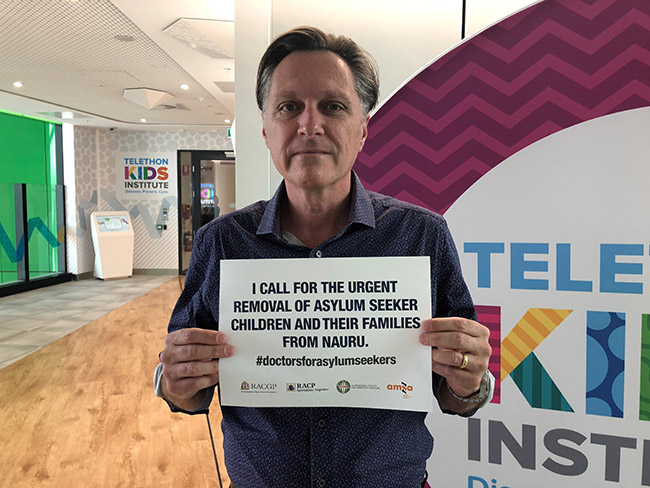
News & Events
The Kids calls for urgent removal of kids on NauruThe Kids Research Institute Australia is calling for the immediate removal of all refugee and asylum seeker children and their families from Nauru.
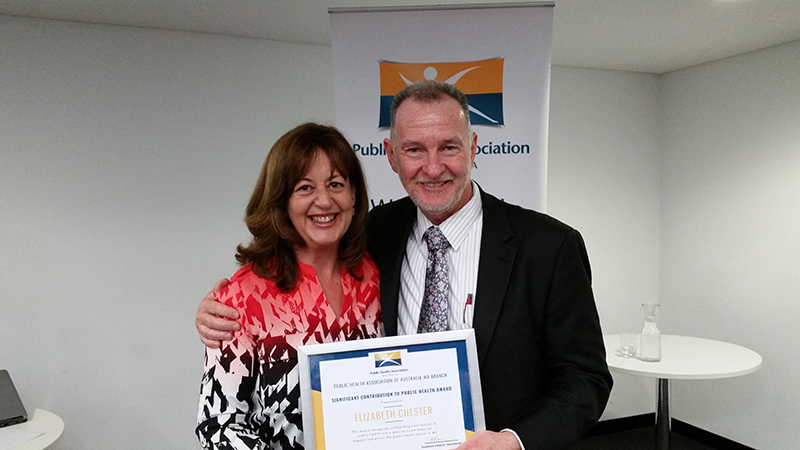
News & Events
The Kids communicator recognised for public health leadershipCongratulations to The Kids Director of Communications and Development, Elizabeth Chester, who has been recognised at the Public Health Association of Australia WA awards for her outstanding effort progressing public health.
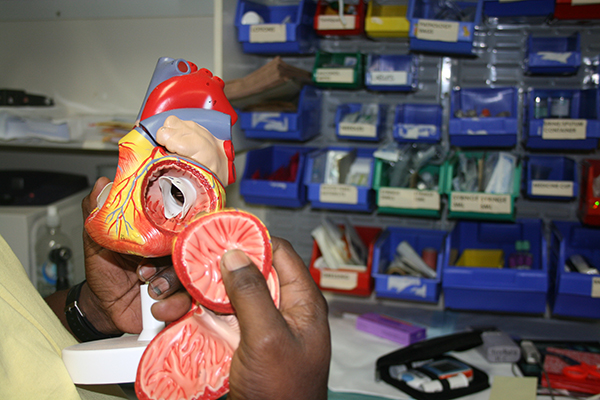
News & Events
Preventing RHD through community-driven activitiesHealth activities driven by remote Indigenous communities may be key to the sustainable and successful treatment and prevention of a potentially fatal disease, a study has found.
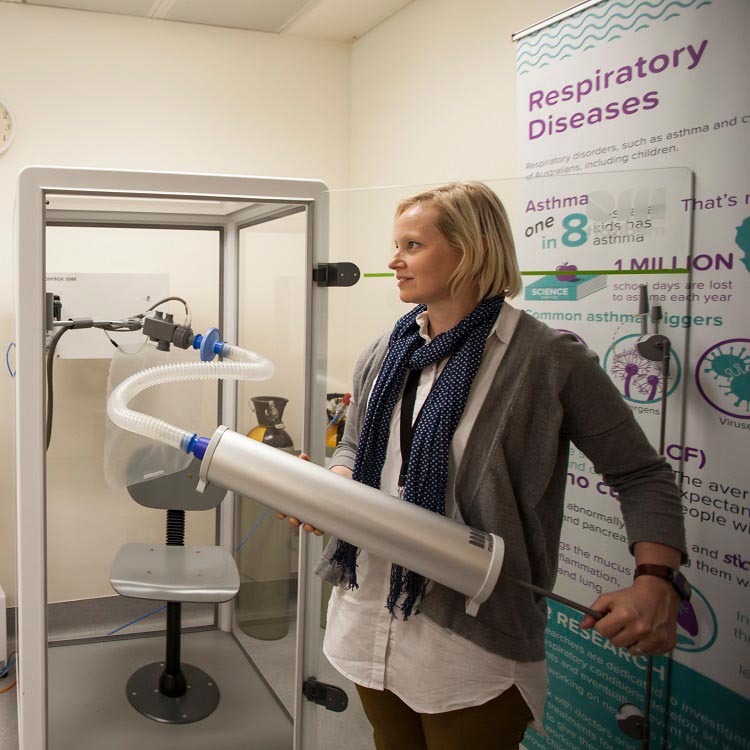
News & Events
Very preterm babies at risk of declining lung function throughout childhoodA The Kids Research Institute Australia study published in The Lancet Child & Adolescent Health has found that survivors of very preterm birth face declining lung function

News & Events
Lancet paper finds hormone therapy for trans young people can improve mental health - but authors say more research is desperately neededA Lancet-published review of the evidence around the use of gender-affirming hormones and surgery in trans children and adolescents has found such interventions can lead to a marked improvement in mental health outcomes and quality of life.
